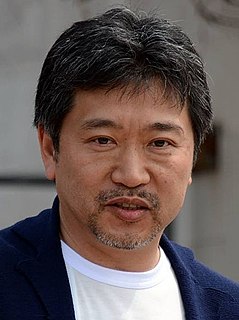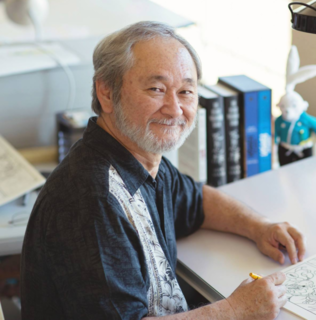Top 9 Noh Quotes & Sayings
Explore popular Noh quotes.
Last updated on April 15, 2025.
During the shooting of a scene the director’s eye has to catch even the minutest detail. But this does not mean glaring concentratedly at the set. While the cameras are rolling, I rarely look directly at the actors, but focus my gaze somewhere else. By doing this I sense instantly when something isn’t right. Watching something does not mean fixing your gaze on it, but being aware of it in a natural way. I believe this is what the medieval Noh playwright and theorist Zeami meant by ‘watching with a detached gaze.’
But then foreign critics right away made sweeping comparisons to haiku, noh theater, and directors like Ozu, as if the movie were somehow representative of Japan - which was, well, not what I was after. Similarly, with After Life, I deliberately set out to make a movie that was unlike what I imagined the foreign conception of Japan to be, and I figured non-Japanese wouldn't find it interesting at all.
The first chance I had to go to Japan, which was in the early nineties, I went to a Noh play. I thought, 'This is very, very slow.' I noticed lots of people falling asleep. I didn't really know what was going on; I was getting a little sleepy myself. Then the more I studied it, the more fascinated I got.






